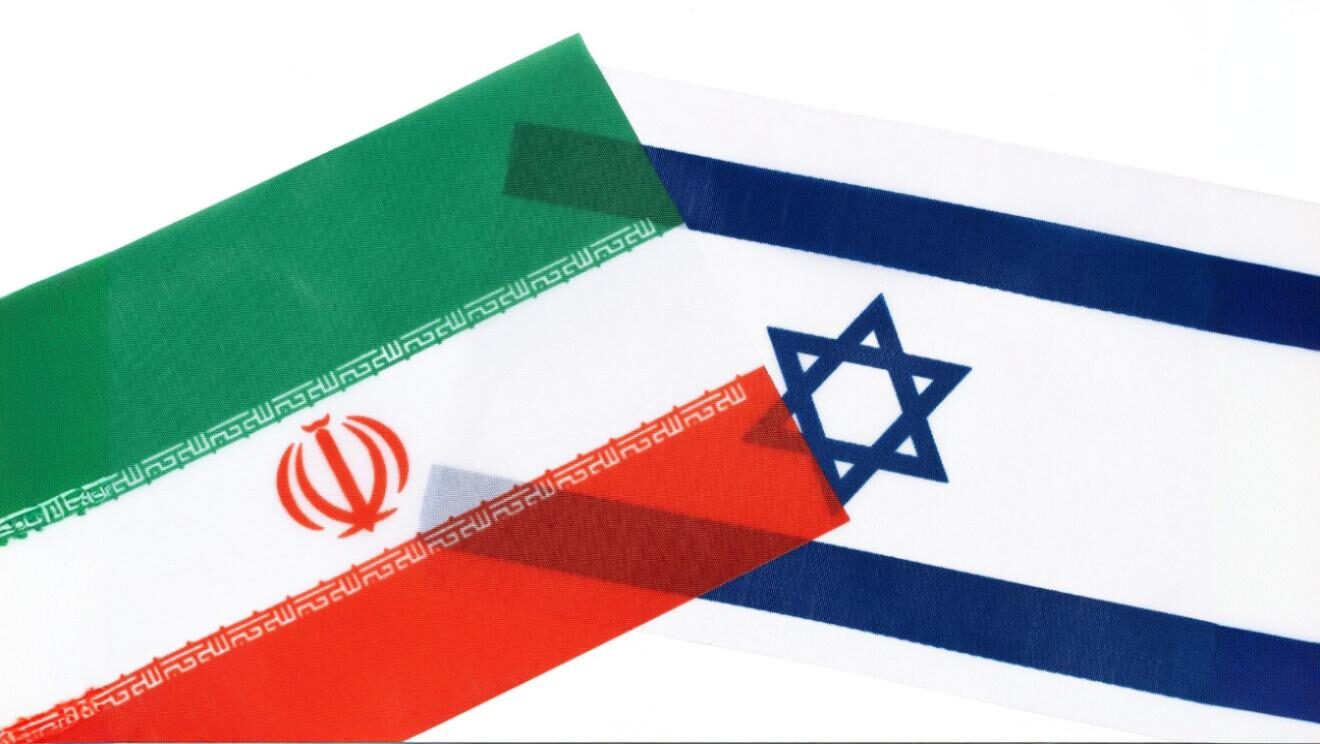Did Israel Win This War With Iran?
There is no doubt that war is difficult. Running in and out of shelters and dealing with airport closures takes a toll. Now, the pain that Israel has endured appears to have eased—at least temporarily—thanks to a ceasefire.
But the enemy is still alive and seething. That may be enough to ignite another war within a few years.
And President Donald Trump will be gone. No one knows whether the next US president and administration will be as accommodating, helpful, or effective as this one has been. Given the direction of American society, that seems doubtful.
There’s also no question that Israel carried out some extraordinary operations—both during this war and throughout the 600-plus days that preceded it. Still, calling this a “win” is misleading. A poll by TOP NEWS shows that 71.6% of Israelis oppose the ceasefire and believe military action against Iran should continue.
This holiday season, give to:
Truth and understanding
The Media Line's intrepid correspondents are in Israel, Gaza, Lebanon, Syria and Pakistan providing first-person reporting.
They all said they cover it.
We see it.
We report with just one agenda: the truth.


Claims that Iran’s nuclear infrastructure was completely destroyed don’t hold up. Analysts estimate that the strike set Tehran’s program back by three to five years. Maybe.
But Iran, Israel’s most dangerous enemy, remains alive, capable, and angry. It was wounded, not killed. Israel shot Iran in the leg, not the brain. The Islamic Republic can recover, rebuild, and rethink its next steps.
This war won’t truly be over until Israel can declare victory through regime change. Only with a new government in Tehran can Israel hope to stop being the target of Iranian aggression.
Did the US reach a ceasefire with Japan? No. That war ended on September 2, 1945, with surrender. The same goes for Germany: May 8, 1945—again, surrender. Both nations formed new governments after the war.
Iran’s regime, by contrast, is still in place. That means the current ceasefire is just that: a pause. It is no different from the many ceasefires with Hamas, until October 7, 2023, shattered the illusion of calm.
The statement “if someone wants to kill you, kill him first” is a paraphrase of a principle from the Talmud, a central text of Rabbinic Judaism that records centuries of legal, ethical, and theological discussions. That principle reflects the idea that preemptive self-defense is justified when there is an imminent threat of death. While not a legal argument on its own, this idea informs self-defense laws around the world.
“If someone comes to kill you, hurry to kill him.”
It doesn’t say, “beat him up.” It says—preempt him—“hurry to kill him.”


